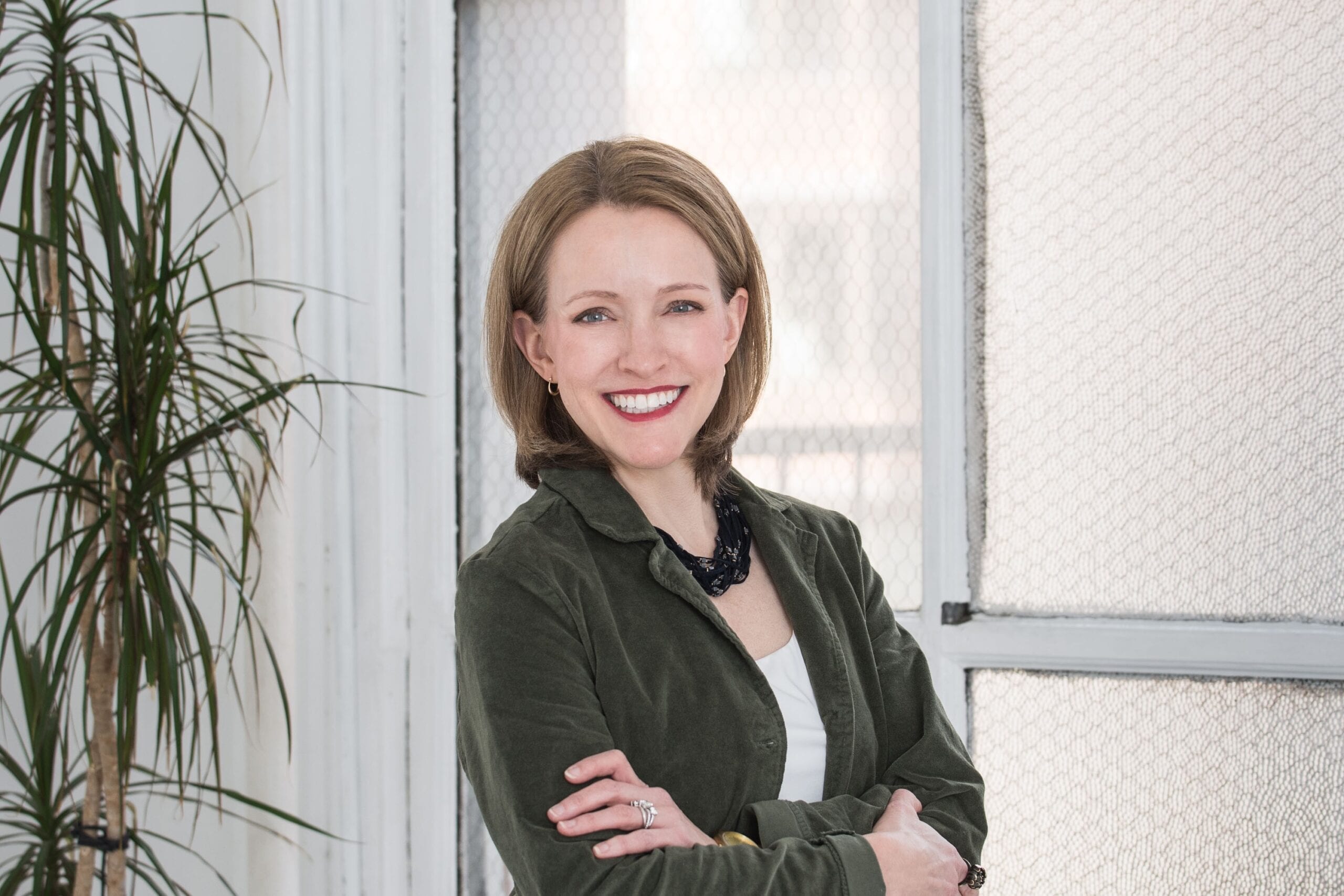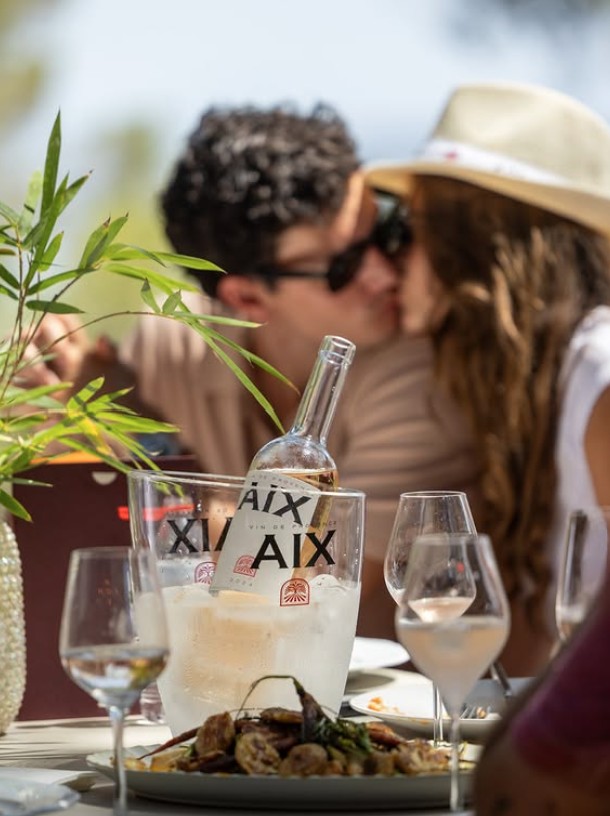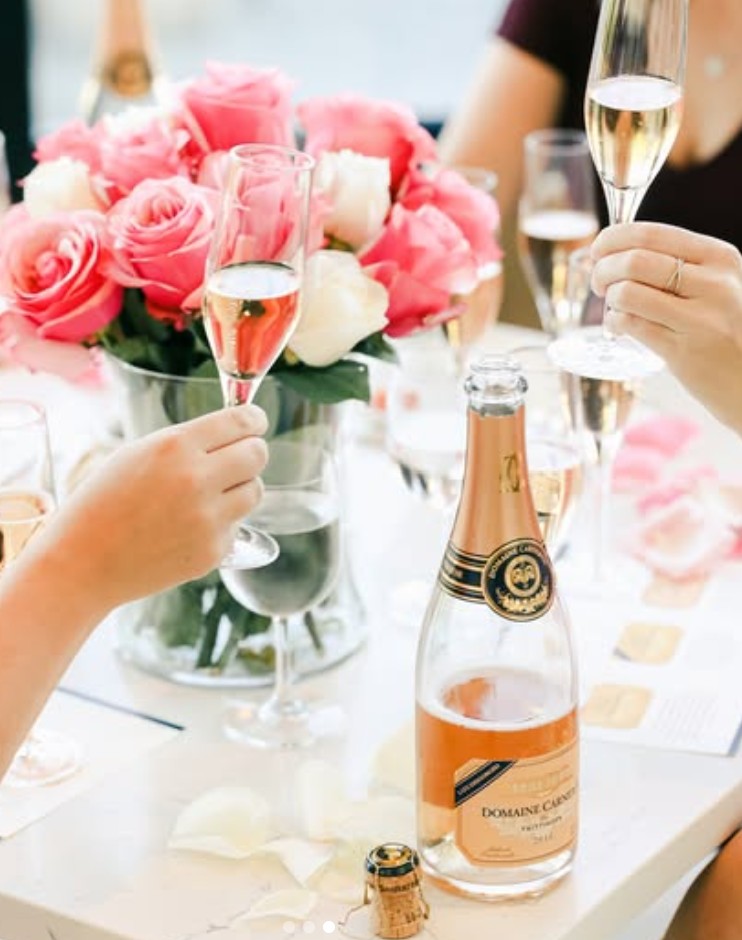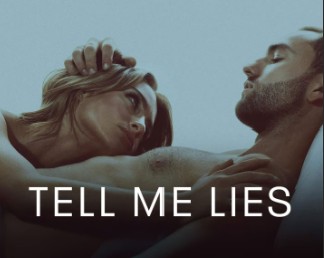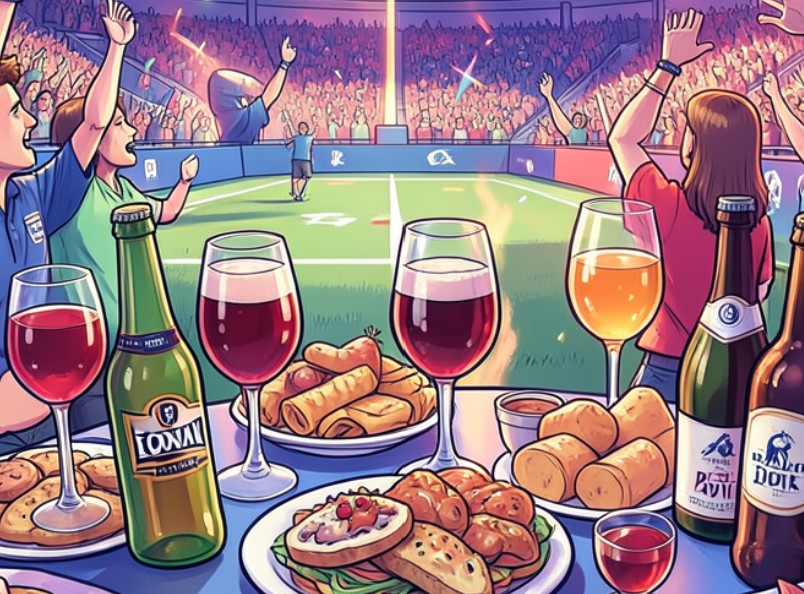Christy Canterbury is a Master of Wine and the seventh woman in the US to earn the wine industry’s most prestigious title. She is a Brooklyn-based journalist, public speaker, and critic.
In 2014, Christy was short-listed for the Roederer Online Wine Communicator of the Year Award. Her work has been published in Decanter, Wine Enthusiast, Edible Green Mountains, Wine Searcher, Food Arts, and in many other outlets around the world. Her recent and upcoming appearances include the Wine Masters Spain Documentary and the Wine Masters Classes television series, Chief Wine Officer events, Wine Empowered, and conferences such as ViniSud, ProWein, and VinExpo. She is a Panel Chair at the International Wine Challenge. Previously, Christy directed restaurant beverage programs around the world for Smith & Wollensky and Culinary Concepts by Jean-Georges Vongerichten. She also spearheaded wine purchasing for leading New York and Hong Kong retailers, Zachys, and Italian Wine Merchants. Christy continues to design wine lists for hospitality venues such as Scotland’s Loch Lomond Golf Club. Christy embarked upon her vinous career after a tour in finance that began in Dallas and ended in New York by way of Paris.
1. How did you get into the wine business?
After working in finance for about four years (I eventually spent five years in the field), I started thinking about transitioning to new work. I loved business (and still do), but I was fed up with working 24/7. I started working at (the now closed) Vintage New York, a novel wine store that sold only New York State wines, on the weekend as it was just a few blocks from my apartment. When my two-year Associate position at a private equity firm finished six months later, I looked for work in the wine business that would allow me to use my business background as a way of differentiating myself.
It seemed that many businesses in the wine industry had either passion or money but not a lot of business acumen. It worked, and I’ve been hired more than once because of my numbers background. The fall of the same year, I started the WSET Advanced course (as it was known at the time) then immediately followed with the Diploma then the Master of Wine program. When I initially left finance, I gave myself two years to make it work. I’m grateful that it did.
2. What are the most frustrating and rewarding parts of your job?
The most frustrating part of my work has been fighting the persistent underpaying in the wine business. It’s irritating to run a business in an industry that some people view as “fun” and hence not worth paying much for. It is maddening to run a business in an industry that people want so much to be part of that they will work for free or next to nothing. I don’t do that. We all know that we get what we pay for, and I tend to over-work when I am hired. If someone wants quality work and in-depth experience, great—let’s talk! Otherwise, they can get lost.
The most rewarding part is the opportunity to travel and meet amazing, sometimes visionary, people. Laughably, people think that’s my job. Nope, that’s a mere slice of it. It is literally a reward (hence “rewarding”) for the constant hustle.
3. What is your most memorable wine experience?
It’s almost impossible to answer this question!
Tasting old vintages over dinner with Thomas Duroux and a few other industry colleagues at Château Palmer before they topped up and recorked their remaining bottles was extraordinary: 1961, 1959, 1953, 1945, 1937, 1928! There were some earlier vintages, too.
One of the most surprising moments was when I arrived in Serbia to present wine faults at a conference. The dozen or so samples on the table were in wide array of soda bottles, plastic milk jugs, just about any container you can close and marked with their chemical compounds. All were homemade wines! I was only presenting about seven or eight and had to quickly research the other chemical compounds on the poor hotel wifi to figure out what the compounds were and how the problems might have occured! I couldn’t figure out a few of them in such little time, but they were certainly repulsive liquids.
The travel is always eye-opening, and it is the best way to truly understand wines and the people behind them. Moreover, there are so many achingly beautiful regions for grape-growing: Valdobbiadene, Columbia Gorge, Cappadocia, Mendoza…the list is long!
Finally, one of the best days of my life was the day I learned I became a Master of Wine. Seven years in the works with hours/days/months of sacrifice and oodles of money spent, the journey and the community along the journey and beyond were worth it.
4. What is an upcoming trend you see in wine?
Alternative packaging. It is time we embrace packaging other than glass bottles and realize that glass bottles are a terrible choice for the environment on so many levels. Most wine—of the everyday, easy-drinking ilk—doesn’t need a glass bottle. We’re just used to it being presented that way. It’s time to recondition our thinking. We did it with screwcaps starting about 15-16 years ago. Now it’s time to go through the same process (hopefully more quickly) with the container itself. Furthermore, if glass is important for whatever reason, the industry should be moving to bottling near the point of distribution to the end customer. Mise en bouteille au domaine and gütsabfullung were once important quality statements. Like almost everything else in the industry, bulk wine shipment has changed dramatically and we better understand wine chemistry. It’s time that we take advantage of that. It’s not just an environmental advantage, it’s also a cost advantage.
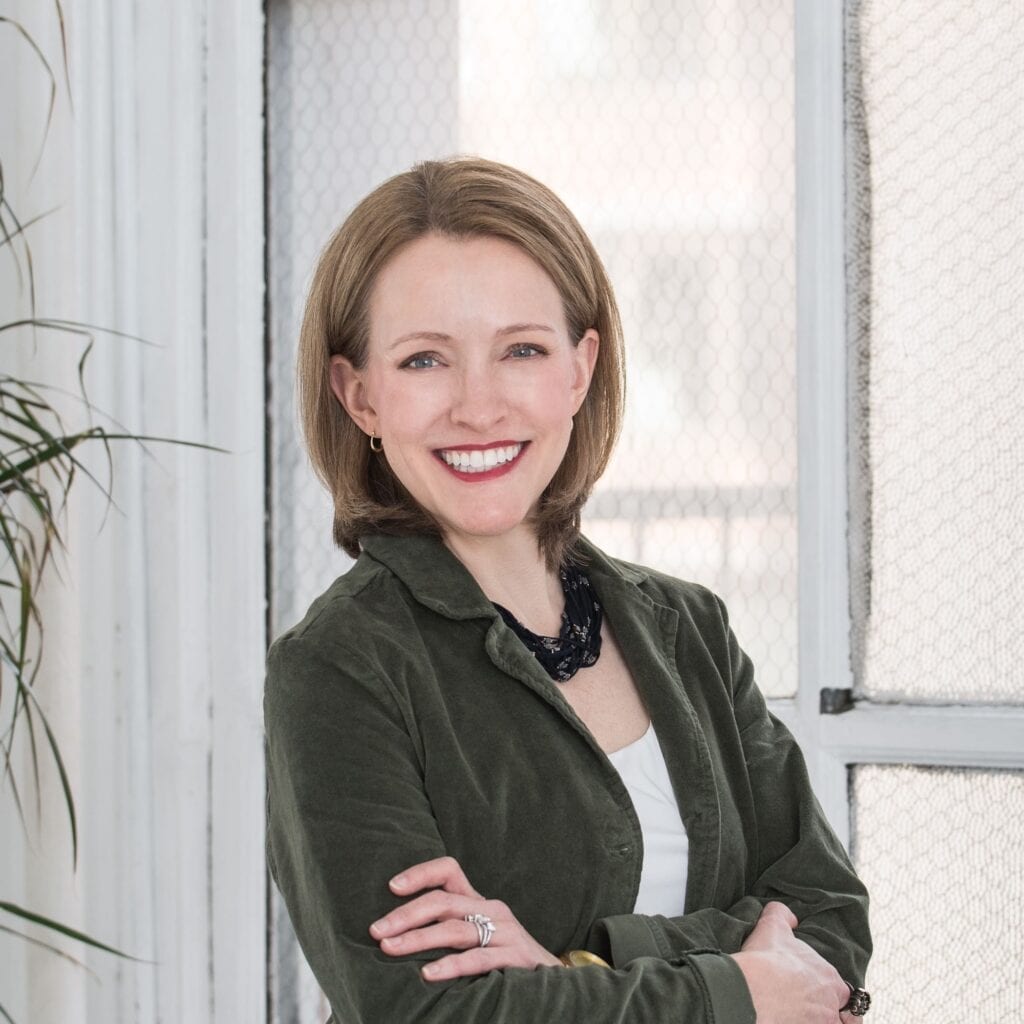
Christy Canterbury
Master of Wine, journalist,
public speaker, and critic
"There is always a new aspect to consider, a new light to be shed."
5. What is the best piece of advice someone has given to you?
6. What is one tip you have for someone just getting into wine?
Nominate someone for Wine Pro Wednesday:
